•As NSIB unveils multimodal safety regulations
By Chinelo Obogo
Minister of Aviation and Aerospace Development, Festus Keyamo, has stressed that swift accident investigations are crucial, warning that delays endanger lives and prolong the torment of victims and their families.
Keyamo said this while delivering a keynote address at the Multimodal Transportation Stakeholders’ Workshop organised by the Nigerian Safety Investigation Bureau (NSIB) in Abuja on Thursday, with the theme: “Strengthening Transport Safety Standards Through Collaboration”, where he called for deeper collaboration across all modes of transportation in Nigeria to achieve a seamless and safer transport ecosystem.
The minister said: “The NSIB’s requirement to begin serious investigations within seven days, coupled with the commitment to publish final reports within 12 months, aligns with global best practices,” he said, citing the U.S. NTSB as a benchmark. He urged stakeholders to prioritize the implementation of safety recommendations derived from NSIB investigations, warning that “ignored lessons lead to repeated tragedies.”
He also emphasised the role of transportation as the “lifeblood of any nation’s economy,” but warned that such connectivity comes with the grave responsibility of ensuring safety across all platforms: air, rail, marine, and road.
“As the Minister of Aviation and Aerospace Development, I am acutely aware of the unique challenges facing our sector, from air traffic control to aircraft maintenance and climate-related disruptions. But safety knows no boundaries. An incident on the railway can affect air cargo logistics. A marine mishap can hinder road access to ports. Our systems are interlinked. That is why a multimodal, collaborative approach is not optional, it is essential,” he said.
The Minister praised the NSIB’s statutory mandate, established under the 2022 Act, which empowers it to conduct independent investigations into occurrences across all modes of transportation. He hailed the Bureau’s regulatory reforms focused on prevention rather than blame, and urged stakeholders, including the NCAA, NIMASA, NIWA, and NRC, to break down silos by sharing data, collaborating on training, and leveraging technologies such as AI-powered predictive safety tools.
Also speaking, the Director General of the NSIB, Alex Badeh (Jnr), presented three regulatory drafts which he said form the cornerstone of the Bureau’s efforts. He said:
“The Railway (Investigation of Accidents and Incidents) Regulations Draft aims to establish robust procedures for probing railway mishaps, ensuring thorough analysis and preventive recommendations to enhance rail safety nationwide. The second, the Maritime Safety Investigation Regulations Draft, is designed to streamline investigations into maritime accidents and incidents, promoting transparency, accountability, and improved safety protocols in our vital waterways and ports. And the third, a comprehensive review of the Revised Civil Aviation (Investigation of Air Accidents and Incidents) Regulations Draft, builds on existing frameworks to incorporate emerging technologies, global lessons learned, and stakeholder feedback for even stronger aviation safety oversight. Our primary objective is to foster open dialogue, exchange insights, and collectively refine the frameworks that safeguard lives and infrastructure in aviation, maritime, and railway sectors.”



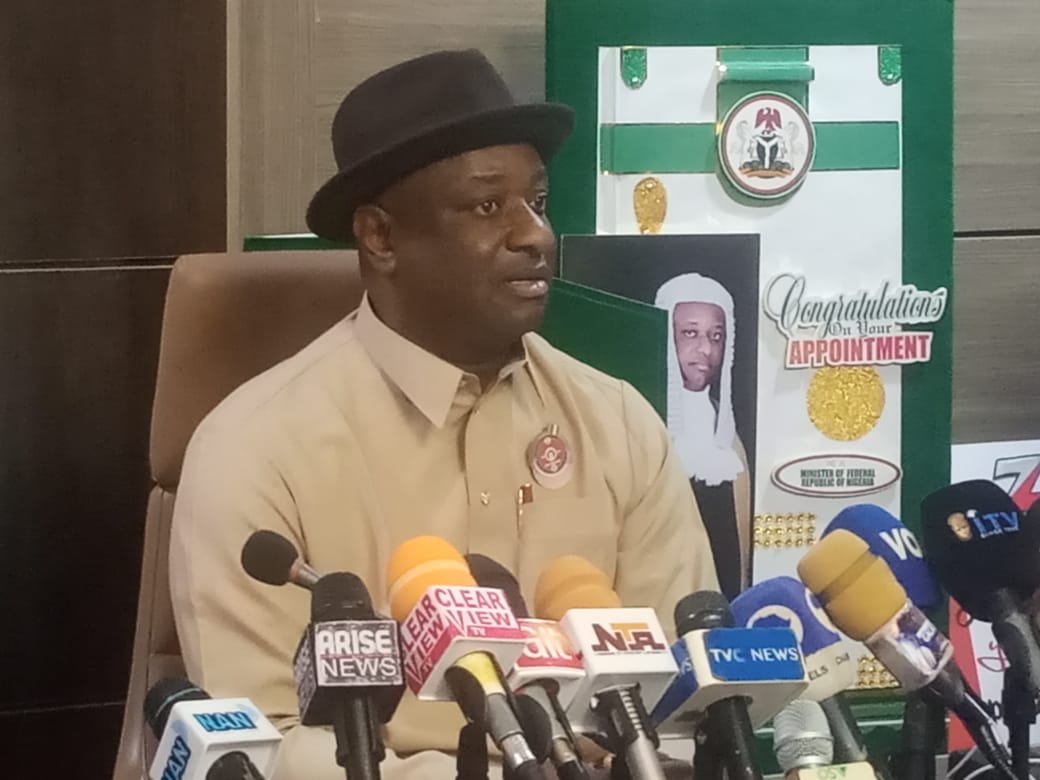
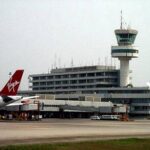


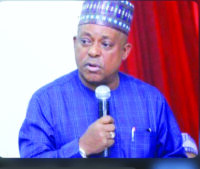

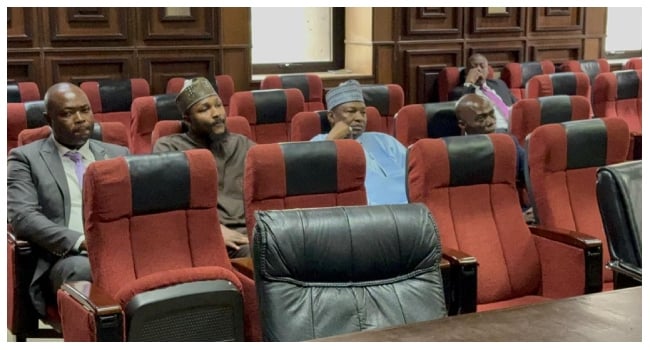
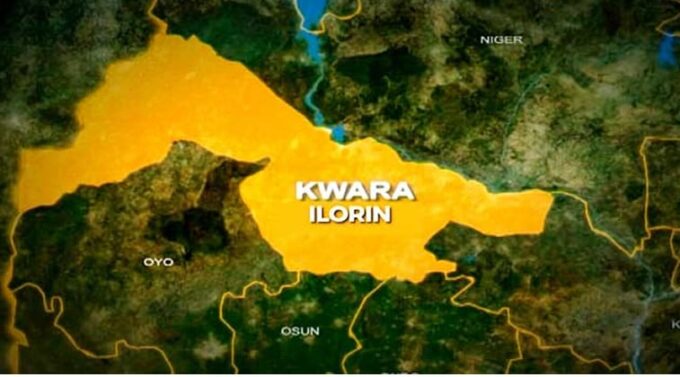




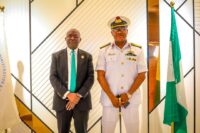

Leave a comment